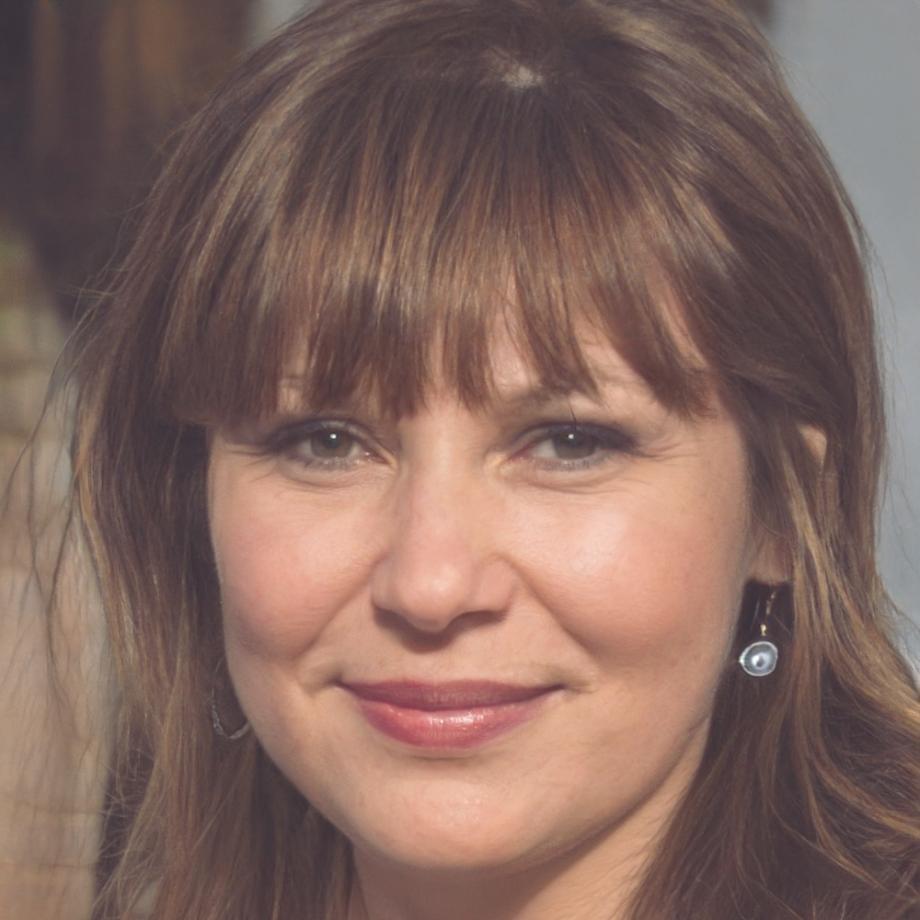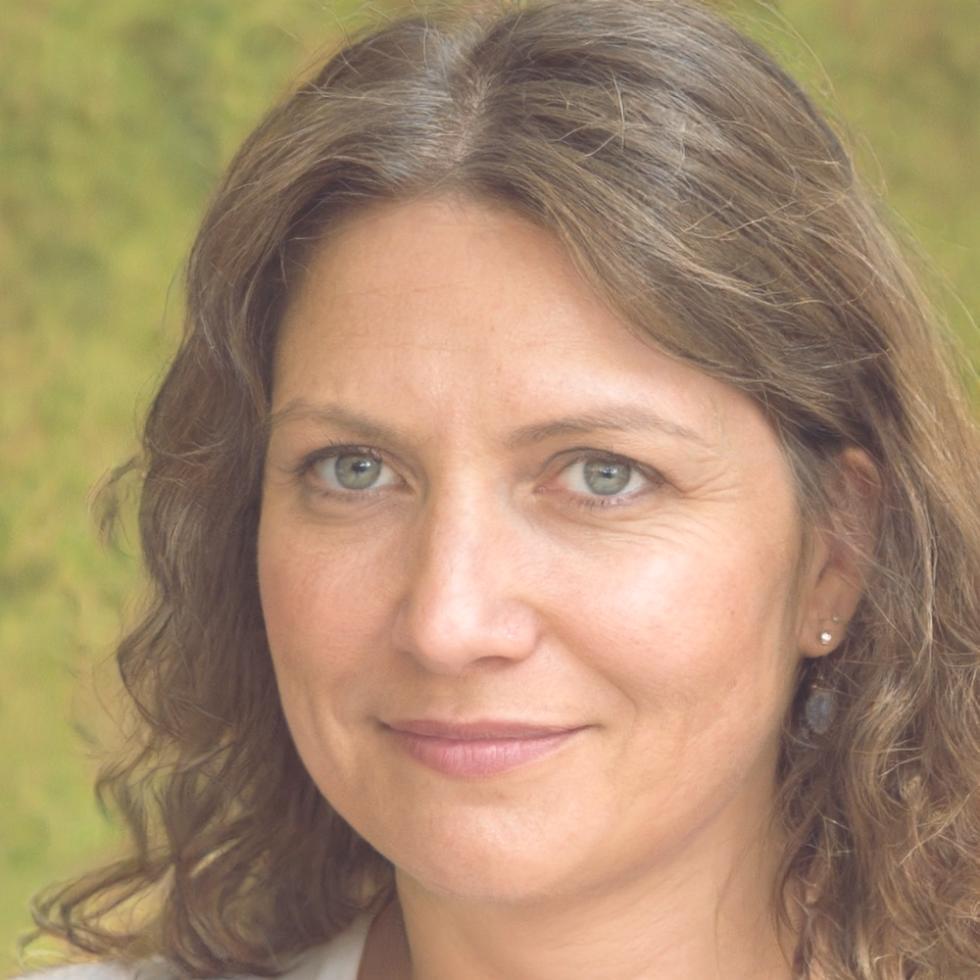Winter 2025 & Autumn 2026 Course Schedule
We've built these programs around what actually works when running a business. Our instructors have spent years sorting through planning methods and financial strategies—here's what made it past all the trial and error.
Most courses start in August or September 2025, with some continuing into early 2026. Each one runs for eight to twelve weeks, depending on how much ground we need to cover.
Course Calendar
We keep class sizes manageable so there's actual time for questions. Registration opens about six weeks before each start date.
Financial Forecasting Fundamentals
This one's about building projections that don't fall apart after three months. We look at cash flow patterns, seasonal variations, and how to spot warning signs before they become real problems.
Runs through October 6. Monday and Wednesday evenings, 6:30–8:30pm AEST. Taught by Ingrid Bjørnstad, who spent fifteen years running financial operations for mid-sized manufacturers.
Strategic Business Planning Workshop
Less about making fancy decks, more about creating plans you'll actually use. We focus on setting realistic milestones, allocating resources properly, and adjusting when things don't go as expected.
Twelve-week program ending November 24. Tuesday evenings, 7:00–9:00pm AEST. Led by Siobhan Keogh, former business development director for three regional service companies.
Cost Management & Pricing Strategies
Pricing is weird. You can't just add up costs and stick a margin on top. This course covers market positioning, value perception, and how to handle the conversation when clients say you're too expensive.
Eight weeks through December 15. Thursday evenings, 6:00–8:30pm AEST. Instructor is Vesna Marković, who's helped dozens of businesses restructure their pricing models.
Annual Planning & Budget Development
Start the financial year with a proper plan. We build budgets that account for growth, risk, and those unexpected expenses that aren't really unexpected if you've been in business for a while.
Ten weeks finishing April 20. Monday evenings, 7:00–9:00pm AEST. Course developed and taught by Ingrid Bjørnstad.
What You'll Actually Learn
These aren't theoretical exercises. Every session includes case studies from real Australian businesses—some that succeeded, some that didn't, and what made the difference.

Applied Financial Analysis
You'll learn to read financial statements the way investors do, not just the way accountants present them. We spend time on ratio analysis, trend identification, and what metrics actually matter for decision-making.
Scenario Planning Methods
Most plans assume everything goes according to schedule. Which never happens. We build multiple scenarios—optimistic, realistic, and "we need to talk about cash reserves"—so you're prepared regardless.
Resource Allocation Framework
Where should money go first? Marketing, operations, hiring, infrastructure? There's no universal answer, but there are frameworks that help you make better choices for your specific situation.
Course Instructors
Both have been through the actual challenges they're teaching about. Not consultants who've only advised—people who've had to make the decisions and live with the results.

Ingrid Bjørnstad
Financial Planning Lead
Spent most of her career in manufacturing finance before transitioning to education. She's taught over 400 business owners how to build forecasts that hold up under pressure. Known for explaining complex financial concepts without the jargon.

Vesna Marković
Strategic Planning Specialist
Former operations director who's managed everything from expansion planning to emergency restructuring. She brings real-world scenarios into every session and doesn't let anyone get away with vague strategic statements.
Common Questions About Enrollment
Things people usually ask before signing up. If your question isn't here, just call or email—we respond pretty quickly.

Do I need specific financial software experience?
Not really. We use standard spreadsheet applications that most people already have. If you can create formulas and basic charts, you're fine. We cover the analytical methods more than the tools themselves.
What if I miss a session?
All sessions are recorded and available within 24 hours. You'll also get copies of any worksheets or case studies used. That said, the discussion component is valuable, so try to attend live when possible.
Are there assignments between sessions?
Yes, though they're practical rather than academic. Most involve applying that week's concepts to your own business situation. Takes about two to three hours per week outside of class time.
Can I bring my business partner or financial advisor?
Absolutely. We charge per seat rather than per business, but having multiple perspectives from the same company often makes the learning more applicable. Let us know during registration.
What's the refund policy if circumstances change?
Full refund if you withdraw more than two weeks before the start date. After that, we can transfer your registration to a future session or provide partial refund depending on how far into the course we are.